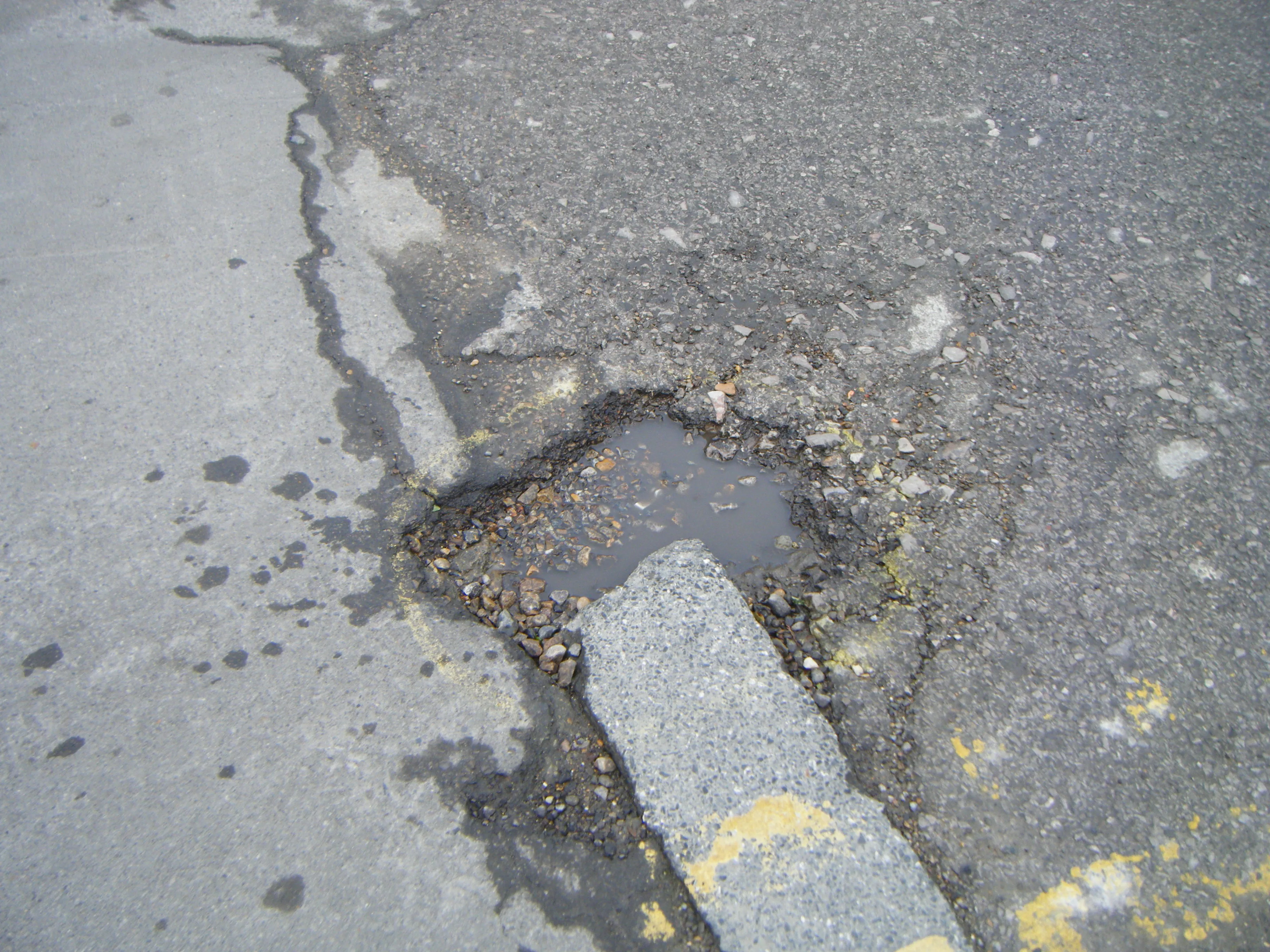Drugged driving is a serious issue in Canada, as the latest research suggests. While drunk driving has, to an extent, been addressed the risks posed by drugged driving remain. With the legal restrictions on the use of cannabis looking to be eased in Canada, the problem of driving under the influence of the drug has yet to be fully tackled.
Young drivers in particular are thought to be at risk. Research by the Partnership for a Drug Free Canada suggests that almost twice as many teenaged drivers will get behind the wheel when under the influence of cannabis than when under the influence of alcohol.
More worryingly still, research suggests that as many as 34% of teen drivers think they perform better behind the wheel when under the influence of cannabis. The drug causes driver impairment in a different way to alcohol, affecting distance perception and attentiveness in particular, although the slowing of reaction times it causes is similar to that resulting from alcohol use.
Canada’s DUI problem involves drugged as well as drunk driving
Drugged driving is a serious issue in Canada, as the latest research suggests.
August 10, 2018
Read time: 1 min







